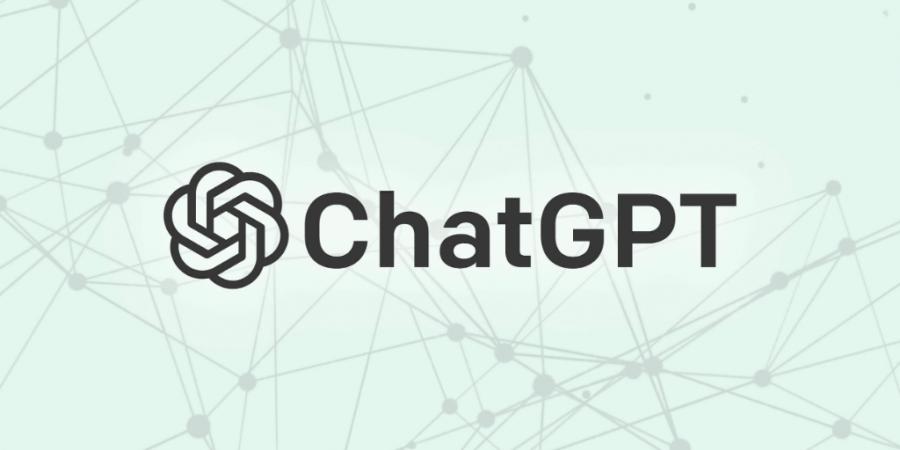Italian Interest in VPNs Surges Following ChatGPT Ban and OpenAI Investigation

Italy's temporary ban on the AI chatbot ChatGPT and the investigation into its developer, OpenAI, has led to a significant increase in interest in virtual private networks (VPNs) among Italian residents.
This surge in interest is likely a result of individuals seeking methods to bypass the AI ban and continue accessing ChatGPT. VPN provider PUREVPN reported a noticeable increase in website traffic following the ban announcement, as VPNs provide a secure and reliable method to access geoblocked internet content by concealing a user's actual location and making it appear as if they are connecting from a different country.
Google Trends data revealed a substantial spike in search volume for "VPN" in Italy after the Italian Data Protection Authority announced the ChatGPT ban. This increase in search volume suggests that Italian users were actively researching ways to maintain access to ChatGPT during the ban by utilizing VPNs to appear as if they were connecting from another location outside Italy.

ChatGPT, which has garnered more than 100 million users worldwide since its launch two months ago, has been popular in Italy as well as other countries. However, the ban came into effect following a recent data leak involving users' chat messages and payment card information. The Italian Data Protection Authority announced the ban, citing a range of concerns, including OpenAI's data collection practices, the chatbot's compliance with European Union privacy laws, the generation of incorrect information by ChatGPT, and the lack of age verification for accessing the software.
The Italian Data Protection Authority has imposed a temporary ban on ChatGPT that will only be lifted once the chatbot is determined to be in compliance with EU regulations. In response to the ban, OpenAI implemented geoblocking measures to prevent access to ChatGPT in Italy and issued refunds to all subscribers of the paid ChatGPT Plus service. Italians seeking to bypass the geoblock can use a VPN to switch to a non-Italian IP address, effectively circumventing the ban. However, if a ChatGPT account was originally registered in Italy, it may still be inaccessible, requiring users to create a new account with a non-Italian IP address.
Italy has given OpenAI 20 days to address the watchdog's concerns, and the situation might be resolved within approximately two weeks. Under EU rules, OpenAI could face a fine of up to €20 million or up to 4% of its annual global turnover for non-compliance with the General Data Protection Regulation (GDPR).
Privacy concerns were further heightened after Samsung employees reportedly leaked sensitive company data while interacting with ChatGPT. As the initial excitement surrounding AI chatbots like ChatGPT begins to wane, discussions surrounding privacy, job displacement, and ethical concerns have become more prevalent and critical. The Center for AI and Digital Policy has even labeled ChatGPT as unethical and called for the Federal Trade Commission to investigate the chatbot.
In addition to these concerns, a group of 500 top tech experts, including Elon Musk, is demanding a six-month moratorium on the development of more powerful AI. They argue that the rapid advancements in AI technology have the potential to pose "profound risks to society and humanity." This growing apprehension around AI emphasizes the need for thorough consideration of privacy, ethical, and societal implications in the ongoing development and deployment of AI technologies.
The Italian ChatGPT ban and investigation into OpenAI have brought the conversation around AI ethics and privacy to the forefront. The surge in VPN interest serves as a reminder that internet users are increasingly concerned about their privacy and are willing to seek alternative methods to access online content when faced with restrictions.Similarly, since ChatGPT is not available in China, internet users in China are using VPNs to access ChatGPT (see source in Chinese) The situation in China is even harder because most VPNs are blocked in that country and good working VPNs for China are hard to find.
As AI continues to develop at a rapid pace, the balance between technological innovation and the protection of users' rights will be a critical issue for governments, tech companies, and the global community.